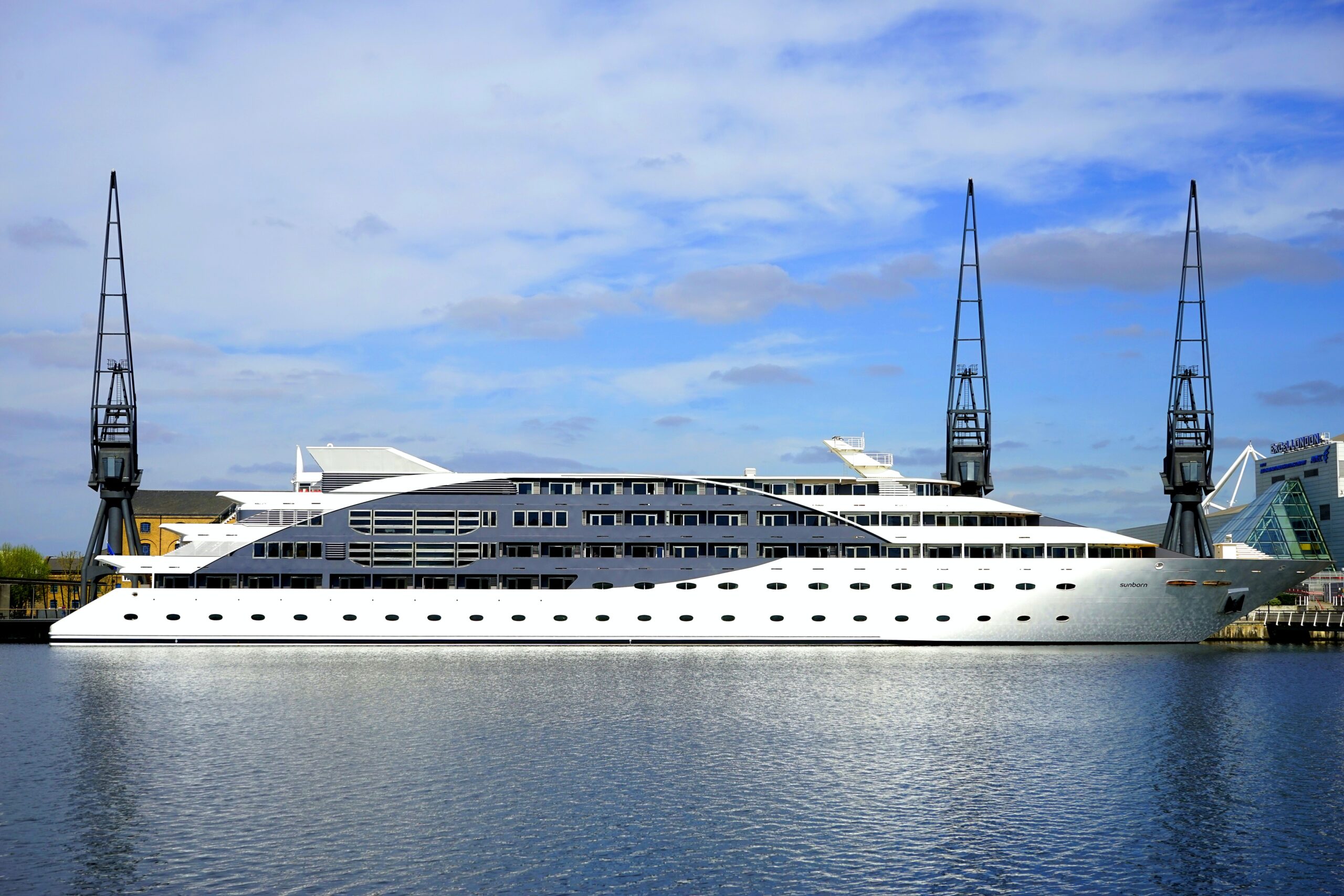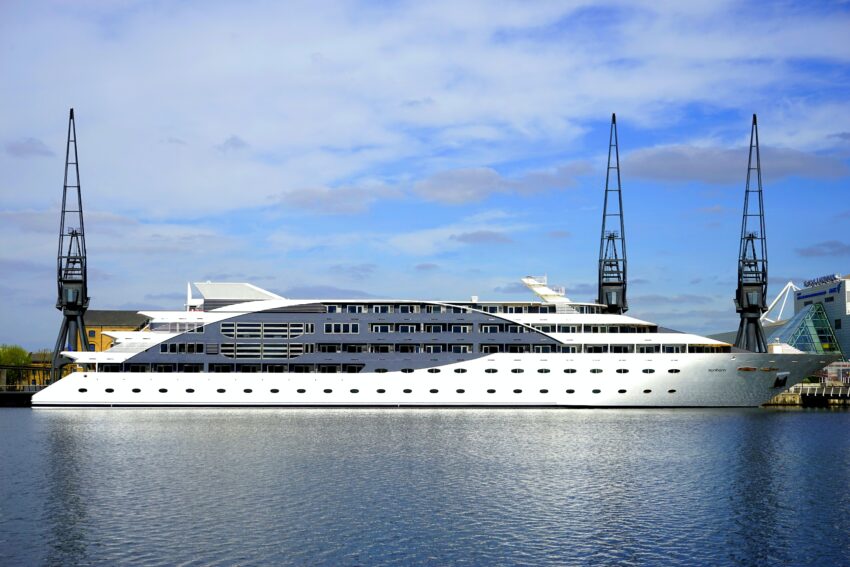
Yara and tech company Kongsberg have created the ship YARA Birkeland which is all set to become the world’s first crewless cargo ship with zero carbon footprint. Finally, the container shipping industry has taken the next giant leap- viz the introduction of autonomous cargo ships. Although the concept of a self-steering cargo ship might sound like a scene from a sci-fi movie, autonomous cargo vessels are no longer a distant vision. Today, we will provide you with a very interesting report on the first zero-emission and autonomous cargo vessel and its long-term implications for the container shipping industry.
A brief introduction to autonomous vessels for container shipping industry
Over the years, the container shipping industry has been pioneering new technologies to ensure a quick transition to green shipping. Any ship that can navigate without human intervention and with the help of artificial intelligence programmes is called an autonomous ship. These ships are all set to revolutionize the ocean freight sector by making sea freight shipping more profitable and agile.
Presently, autonomous vessels are divided into 4 major types:
- Ships with multiple automated processes that still require the presence of humans on board
- Remotely controlled ships that don’t require the presence of the full crew
- Remotely controlled ships that can operate without a crew
- Fully self-steering ships with an operating system capable of making decisions
There are several advantages to autonomous ships. Firstly, the primary benefit of these ships is the near elimination of all human errors. Additionally, the presence of fewer crew members will imply less onboard maintenance while shipping. Therefore, autonomous ships will greatly reduce the expenses of the container shipping sector. Most importantly, these ships will use sustainable fuels like hydrogen or even electricity. This in turn will reduce the environmental impact of the container shipping industry.
Yara Birkeland- the world’s first autonomous cargo ship
Yara Birkeland is the world’s first autonomous zero-emission cargo ship that runs on electricity. Kongsberg is the company that is providing all the key technologies such as sensors, batteries, propulsion control systems, etc. required for the seamless functioning of the battery-powered ship. The ship with a length of 80 m and weighing around 3,200 tonnes includes computers and sensors that allow for sailing without a crew via remote control. Most importantly, this self-steering ship is also environmentally sustainable as it produces zero-emission. It has a cargo capacity of 120 TEU and a battery capacity of 6.8 MWh. Commercial operation of this vessel will commence shortly.
How this ship will transform the container shipping industry
Last November, the Yara Birkeland embarked on its maiden voyage from Horten to Oslo. Once fully operational, this ship will replace truck haulage by 40,000 truck trips a year between Porsgrunn and Brevik. This will allow it to reduce the emission of 1,000 tonnes of CO2. The sensors of this vessel comprise of radar, infrared cams, and automotive integrated solution cameras. Together they provide the vessel with the ability to detect any obstacles in its way and bypass them. This is a great technology that can forever change the workings of cargo ships.
The Yara Birkeland also comes with automatic mooring arms that permit unmanned mooring and docking at the ports. To quote Jostein Braaten, the project leader of Yara Birkeland, “Yara is constantly seeking opportunities to improve not only the business but also safety and our environmental footprint. By introducing Yara Birkeland, Yara wants to show a dedication to improving the environmental impact from this transport of goods.”
The ship uses cloud technologies to offer the on-shore remote operation office with all the data related to voyage and operation. Moreover, this ship only requires remote takeover in the unlikely event of an error requiring human assistance. The Yara Birkeland is capable of loading and offloading the freight, navigating, and recharging its batteries without any human intervention.
The advantages of crewless operations
One of the major factors that allow Yara Birkeland to leave a mark on the industry is the total autonomy of the ship. The fact that it doesn’t require a single person on board comes with several advantages like lower staffing expenses and more space for cargo. Most importantly, crewless shipping improves the safety of shipping operations since most accidents in the container shipping industry occur due to human error.
Although this technology is still in its initial phase, it will keep playing a significant role in the future of the maritime sector. It will also enhance the competitiveness of shipping for short-distance routes. In the future, autonomous ships will help to deal with the problems of traffic jams and the problem of driver shortages. As Mr Braaten explains, “We see that autonomy in maritime has really picked up the pace after the news of Yara Birkeland was released. It is no longer a question of “if” autonomy is coming, it is a matter of “when”. Autonomy is an enabler and a potential catalyst for the green shift in maritime. We are delighted to be leading this shift and see that by realizing this concept – others are following.”


